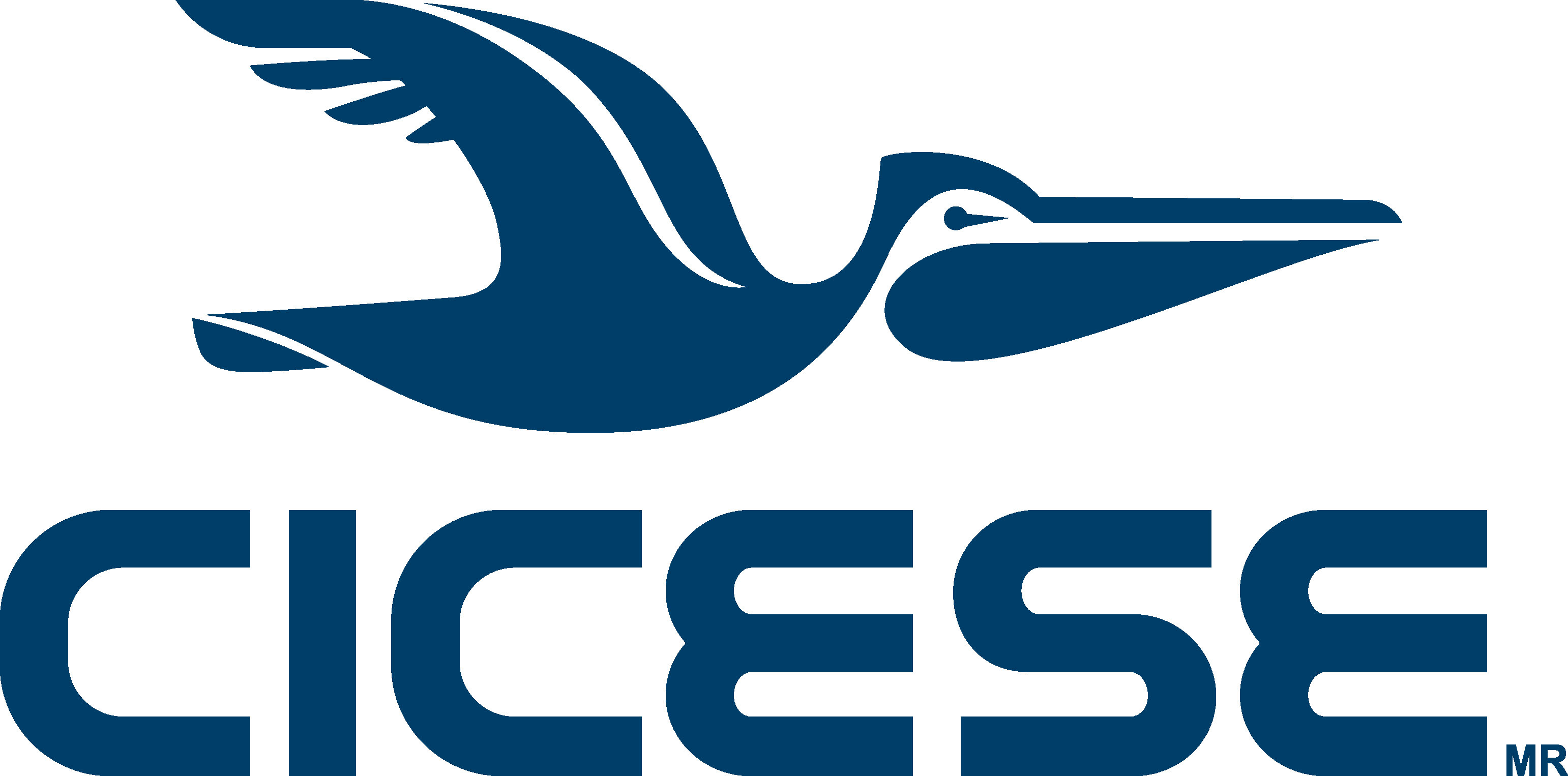- Investigación
- Biotecnología Marina
- Publicaciones
Año
Autores / Publicación
Larios Soriano, E., Re Araujo, A. D., Díaz Herrera, F., Galindo Sánchez, C. E., López Galindo, L. L., Ibarra Castro, L., & Tovar Ramírez, D. (2020). Effect of acclimation temperature on thermoregulatory behaviour, thermal tolerance and respiratory metabolism of Lutjanus guttatus and the response of heat shock protein 70 (Hsp70) and lactate dehydrogenase (Ldh-a) genes. Aquaculture Research, 51(3), 1089-1100. doi: 10.1111/are.14455. (ID: 25313)
Tremblay, N., Guerra Castro, E., Díaz Herrera, F., Rodriguez Fuentes, G., Simoes, N., Robertson, D. R., & Rosas Vazquez, C. (2019). Cold temperature tolerance of the alien Indo-Pacific damselfish Neopomacentrus cyanomos from the Southern Gulf of Mexico. Journal of Experimental Marine Biology and Ecology, 524(1), 151308. doi: 10.1016/j.jembe.2019.151308. (ID: 25325)
Olmos Soto, J. (2019). Bacillus subtilis, an ideal probiotic bacterium to shrimp and fish aquaculture that increase feed digestibility, prevent microbial diseases, and avoid water pollution. Archives of Microbiology. doi: 10.1007/s00203-019-01757-2. (ID: 25207)
Villacaña, C., Amarillas, L., Soto Castro, L., Gómez-Gil, B., Lizárraga Partida, M. L., & León Félix, J. (2019). Occurrence and abundance of pathogenic Vibrio species in raw oysters at retail seafood markets in Northwestern Mexico. Journal of Food Protection, 82(12), 2094-2099. doi: 1043150362028X.JFP19237. (ID: 27723)
Acosta Ruiz, M. J. (2019). Bacillus subtilis, an ideal probiotic bacterium to shrimp and fsh aquaculture that increase feed digestibility, prevent microbial diseases, and avoid water pollution. Archives of Microbiology. doi: 10.1007/s00203-019-01757-2. (ID: 25208)
Lizárraga Partida, M. L., Hernández López, E. L., Gasperin Bulbarela, J., Bernáldez Sarabia, J., Licea Navarro, A. F., & Guerrero, A. (2019). Detection of Alcanivorax spp.,Cycloclasticus spp., and Methanomicrobiales in water column and sediment samples in the Gulf of Mexico by qPCR. ENVIRONMENTAL SCIENCE AND POLLUTION RESEARCH. doi: 10.1007/s1156-019-06551-7. (ID: 25102)
Durán Riveroll, L. M., Band Schmidt, C. J., Okolodkov, Y. B., & Almazán Becerril, A. (2019). Florecimientos algales nocivos en las costas de México: estado actual y perspectivas. In Botello, A.V., Villanueva F., y J. Gutierrez (Eds.), Costas y Mares Mexicanos: contaminación, impactos, vulnerabilidad y cambio climático (pp. 277-312). Coyoacán, México: Universidad Nacional Autónoma de México. (ID: 25230)
Mascaro Miquelajauregui, M., Horta Fernandez, J. L., Díaz Herrera, F., Paschke Lamana, K., Rosas , C., & Simoes, N. (2019). Effect of a gradually increasing temperature on the behavioural and physiological response in juvenile Hippocampus erectus: Thermal preference, tolerance, energy balance and growth. Journal of Thermal Biology, 85, 102406. doi: 10.1016/j.therbio.2019.102406. (ID: 25036)
Paniagua Michel, J. J. (2019). Dunaliella salina Sustainable source of B-carotene. In Gokare Ravishankar, Ranga Rao Ambati (Eds.), Handbook of Algal Technologiesand Phytochemicals, Vol.I Food, Health and Nutraceutical applications (1 ed., pp. 139 - 147). CRC Press LLC. (ID: 25132)
Guerrero Ruiz, C. A., & Lizárraga Partida, M. L. (2019). Whole-genome comparison between reference sequences and oyster Vibrio vulnificus C-genotype strains. PLoS ONE, 14(7), e0220385. doi: 10.1371/journal.pone.0220385. (ID: 24986)
Año
Autores / Publicación
Búsqueda en publicaciones

Solicitud para Agendar una Visita al CICESE
Carretera Ensenada - Tijuana No. 3918,
Zona Playitas, CP. 22860,
Ensenada, B.C. México.
Teléfono: 01(646)175-05-00
Búsqueda de personal
Correo
Programa Pelicano
El Vaivén de la Ciencia
CICESE, MÉXICO - ALGUNOS DERECHOS RESERVADOS 2024 - POLÍTICAS DE PRIVACIDAD

